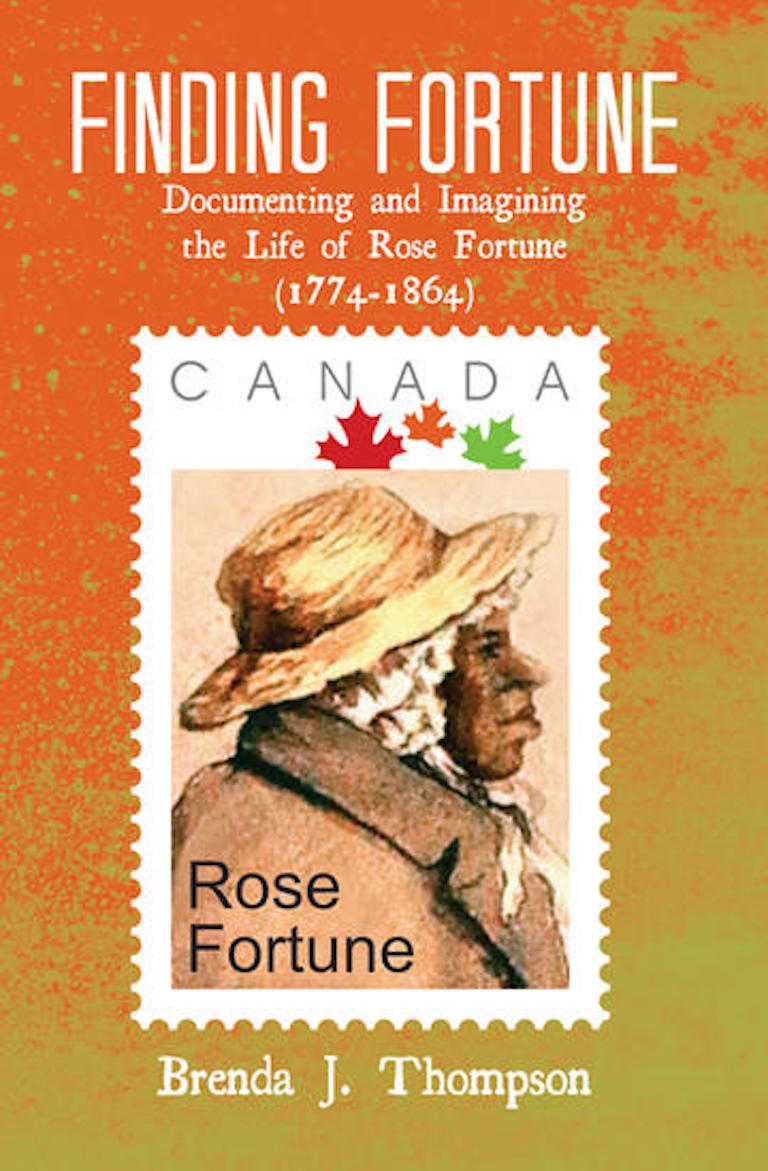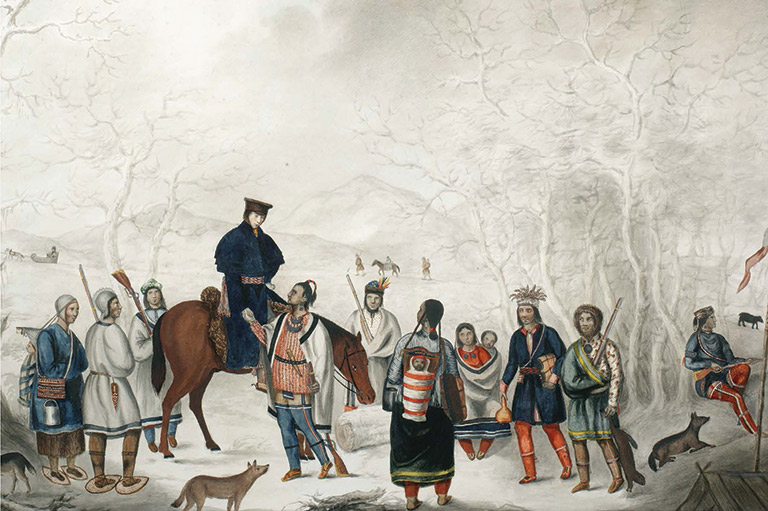Finding Fortune

Finding Fortune: Documenting and Imagining the Life of Rose Fortune (1774–1864)
by Brenda J. Thompson
SSP Publications,
132 pages, $15.95
In Finding Fortune, author Brenda J. Thompson writes that “Rose heard the stories about herself [that] she would neither confirm nor deny. She let the legend take on a life of its own.”
More than thirty years of writing experience and anti-poverty activism orient Thompson’s compassionate and commemorative take on Rose Fortune’s life and identity as an African-Nova Scotian from 1774 to 1864. But it’s Thompson’s “fascination with the historical sociology of those who were not considered important under the status quo” that backlights her imagining of the historical personality.
From Fortune’s beginnings as the daughter of fugitive slaves, to her being the first black woman to become an unofficial police officer, to her legacy as a beacon of inspiration for her thousands of descendants, Fortune’s fortitude is characterized by Thompson as central both to her story and to her impact for others.
Bolstered by genealogical research, DNA evidence, and firsthand testimonies, Finding Fortune is a personal, semi-biographical book that traverses the past and the present. With her examination of slavery amid broader systemic racism and poverty, Thompson positions Finding Fortune not only as a voice for Rose Fortune but as a means of championing the other “stories not recorded in our history books.”
Themes associated with this article
Advertisement




